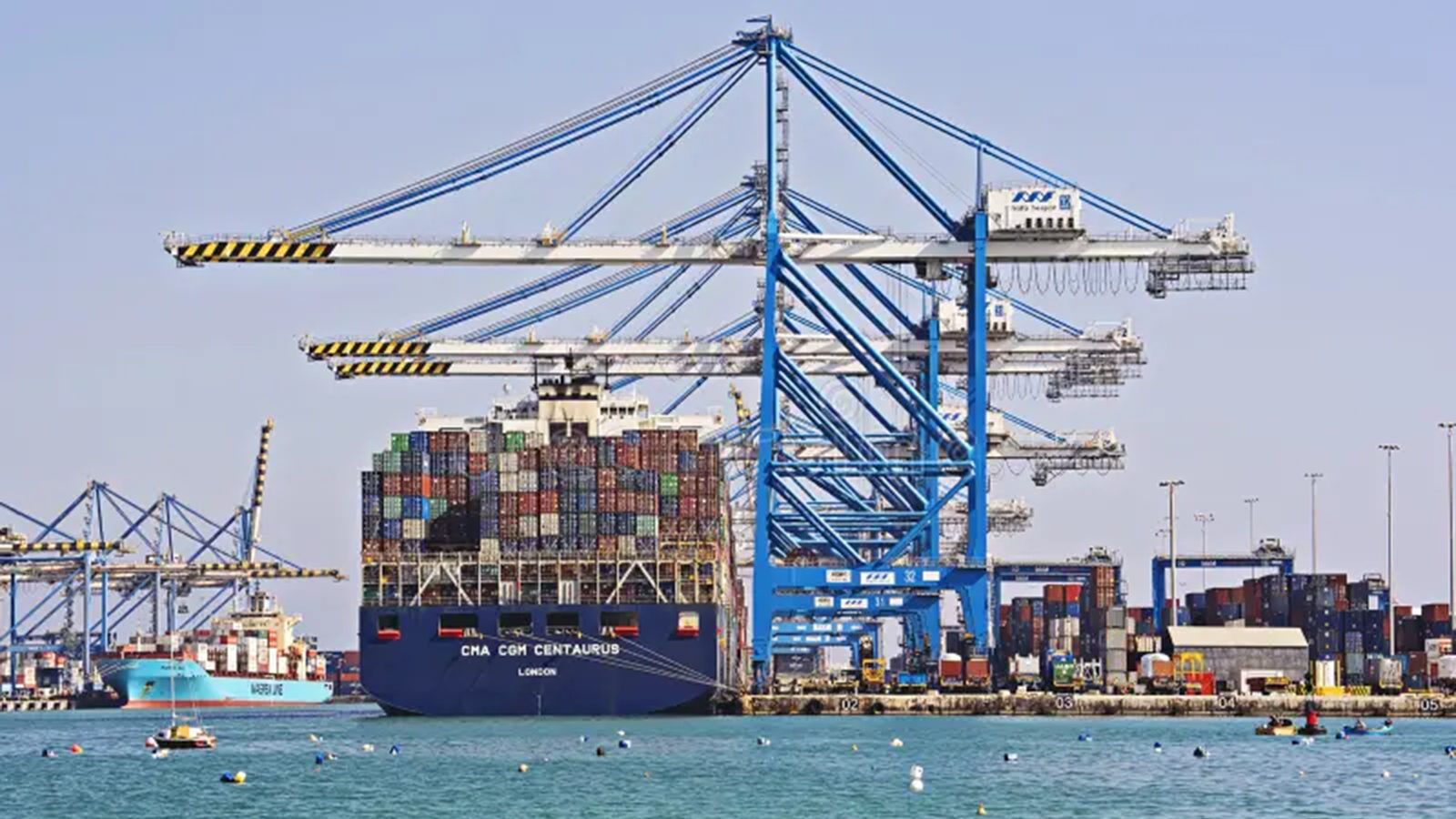Malta’s Emissions Tax Challenge

As the countdown to January 2024 begins, the Maltese maritime industry finds itself at a crossroads, grappling with the ominous shadow cast by the upcoming European Union (EU) emissions tax on shipping. The issue has recently gained national attention, with Nationalist MP Ivan Castillo sounding the alarm in parliament, urging the government to take immediate action. This article delves into the multifaceted implications of the impending EU emissions tax and its potential ramifications for Malta’s shipping industry.
The Call for Action: Castillo's Plea to the Government
In a poignant address to the parliament, Nationalist MP Ivan Castillo underscored the gravity of the situation, emphasizing the urgent need for governmental intervention. Castillo voiced concerns that the new emissions tax could significantly elevate shipping costs, setting off a domino effect that reverberates across various sectors of the Maltese economy. The potential repercussions, he argued, could extend to businesses and inflation rates, sparking a call to action for a proactive response from the authorities.
Maritime Forum's Concerns: A Symphony of Apprehension
Echoing Castillo’s apprehensions, the Malta Maritime Forum (MMF) has expressed its unease regarding the “imminent risk” of major shipping companies opting to withdraw from Malta. This unsettling development is directly linked to the introduction of the environment tax in EU countries, scheduled to take effect in the coming year. MMF CEO Kevin J. Borg, in a recent interview, outlined a plausible scenario in which Malta loses its pivotal role as a transshipment hub.
The Looming Threat: A Likely Scenario of Change
According to Borg, there is a “likely scenario” unfolding where Malta faces the risk of losing its status as a transshipment hub. Shipping companies, driven by the burden of the new EU emissions tax, might opt for alternative ports outside the EU where no such tax is levied. Ports like East Port Said and Tanger Med are emerging as viable alternatives, with major carriers contemplating the shift to avoid the financial strain imposed by the impending directive. This strategic redirection involves bypassing EU transshipment hubs in the Mediterranean and opting for feeder vessels to transport cargo into the EU.
The Domino Effect: Potential Ramifications for Malta
In his parliamentary address, Castillo painted a dire picture for Malta’s maritime landscape. The nation, he warned, stands at the brink of losing direct connections to 165 harbors, a development that could cripple its connectivity and trade routes. Additionally, there’s a palpable risk of Malta’s overall business competitiveness taking a hit, further exacerbating the economic challenges posed by the emissions tax.
Government Inaction: Unraveling the Puzzle
A glaring question looms large amid the growing concerns – why has the government not taken decisive action on a directive that has been on the EU agenda for the last two years? Castillo, representing the Nationalist Party, raised this crucial query in parliament, seeking accountability for what he perceives as a lapse in addressing an issue of paramount importance to Malta’s maritime interests.
The Clock is Ticking: Urgency for Governmental Response
As the clock ticks down to the enforcement of the EU emissions tax, the urgency for governmental response becomes increasingly evident. The potential fallout from inaction could be monumental, with far-reaching consequences for Malta’s economy, trade relations, and global connectivity.
Navigating Uncharted Waters: Malta's Role in Flux
Malta’s status as a maritime hub hangs in the balance, with the impending emissions tax threatening to redefine the nation’s role in global shipping. The intricate web of interconnected factors, including economic competitiveness, trade routes, and port preferences, necessitates a comprehensive strategy to navigate these uncharted waters.
Possible Mitigation Strategies: A Glimmer of Hope
Amid the gloomy forecast, there is room for optimism through the exploration of mitigation strategies. Governments, industry stakeholders, and shipping companies can collaborate to devise innovative solutions that balance environmental responsibility with economic viability. This includes exploring cleaner technologies, incentivizing eco-friendly practices, and engaging in diplomatic negotiations to potentially reevaluate the stringent aspects of the emissions tax.
Conclusion: Charting a Course for the Future
As Malta braces for the transformative impact of the EU emissions tax, the nation finds itself at a critical juncture. The government’s response in the coming months will undoubtedly shape the trajectory of Malta’s maritime future. Whether it involves diplomatic negotiations, policy reforms, or collaborative initiatives, proactive measures are imperative to safeguard the nation’s maritime interests.
FAQs:
Why is the EU imposing an emissions tax on shipping?
The EU is implementing the emissions tax to address environmental concerns and encourage the maritime industry to adopt cleaner practices.
How might the emissions tax affect Maltese businesses?
The tax could raise shipping costs, impacting businesses’ operational expenses and potentially leading to inflation.
What role does the Malta Maritime Forum play in this scenario?
The MMF serves as a vocal advocate for Malta’s maritime interests, expressing concerns about the potential withdrawal of major shipping companies.
What alternative ports are being considered by shipping companies to avoid the tax?
Ports like East Port Said and Tanger Med are emerging as alternatives where major carriers might redirect their operations to circumvent the EU emissions tax.
How many harbors does Malta risk losing direct connections to, according to Castillo?
According to MP Ivan Castillo, Malta is at risk of losing direct connections to 165 harbors.
What is the likely scenario described by MMF CEO Kevin J. Borg?
Borg outlines a scenario where Malta loses its role as a transshipment hub as shipping companies opt for non-EU ports to avoid the emissions tax.
Why hasn’t the government taken action on the emissions tax directive?
This remains a pressing question, with Nationalist MP Ivan Castillo raising concerns about the government’s inaction despite the directive being on the EU agenda for the past two years.
How can Malta mitigate the impact of the emissions tax?
Mitigation strategies may involve exploring cleaner technologies, incentivizing eco-friendly practices, and engaging in diplomatic negotiations to potentially reevaluate certain aspects of the emissions tax.
What are the potential consequences of losing direct connections to harbors?
Losing direct connections could hinder Malta’s global connectivity, disrupt trade routes, and impact the nation’s overall economic competitiveness.
What is the significance of Malta’s role as a transshipment hub?
Malta’s role as a transshipment hub is crucial for global trade, facilitating the movement of goods between different regions and contributing to the nation’s economic growth.
Recommended Posts

Financial Aspects of Doing Business in Malta
July 26, 2024

The Rise of Digital Banking Solutions in Malta
July 24, 2024





